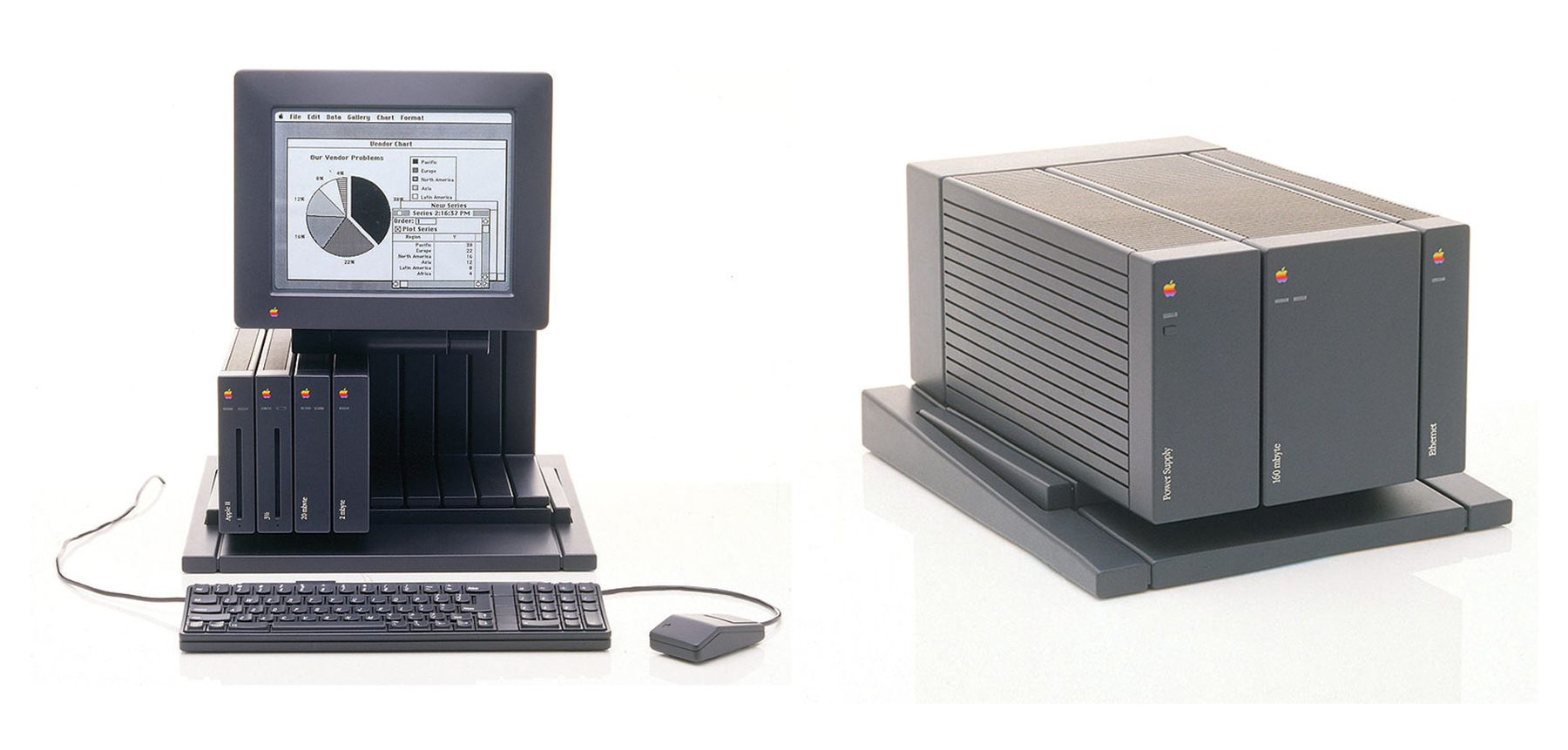-
Totality timelapse 🌘🌑🌒
-

Beautiful wildflowers from a hike near Arabia Mountain.
-

Finished reading: Batshit Seven by Sheung-King 📚
This one lives up to the title. I enjoyed it though.
-

Currently reading: Dune by Frank Herbert 📚
Saw Dune 2, which I really enjoyed. Now, while caught up in the Dune universe, I want to re-read the book!
-
NASA has an interactive Eclipse Explorer page that’s worth checking out. I’m planning to travel to Delaware, Ohio to experience totality.
Via 512 Pixels:
I have two pieces of advice:
- Don’t try to photograph it unless you’re an expert. Soak it in, and then download some sick wallpapers from NASA the next day.
- Buy and use eclipse-ready glasses, and make sure your kids do, too.
I’m happy to hear point 1. I was debating on if I should try to photograph it and this cements it as a no.
-
Neatnik Notes · A Fediverse, if you can keep it
The very thing that makes the Fediverse special—the ability to seamlessly cross a platform boundary and talk with one another—relies on striving to keep things as open as possible. An open network fulfills the promise of an open internet. Open is good.
Via Maique
-
The Apple Jonathan: A Very 1980s Concept Computer That Never Shipped (512 Pixels):
In the middle of the 1980s, Apple found itself with several options regarding the future of its computing platforms. […] Those four machines are well known, but there was a fifth possibility in the mix, named the Jonathan.

-

-
Walked to the edge of my neighborhood today and feels like I discovered a hidden world.



-
Don’t Miss This Eclipse - The Atlantic
Right now, a special cosmic arrangement is sliding into place. The moon has positioned itself on the same side of Earth as the sun. The moon has drawn closer to Earth, and its orbit is tilted just so. On April 8, our silvery satellite will pass between our star and our planet, and cast its shadow upon us.
Via kottke.org
-

Currently reading: Batshit Seven by Sheung-King 📚
A rare event for me these days: reading a physical book rather than the e-reader (a Kobo). Found this copy on the new release shelf and was intrigued.
-

Finished reading: Sea of Tranquility by Emily St. John Mandel 📚
Enjoyable, quick, read. I liked the mix of sci-fi and mystery in this book.
-

A sunset view of Playa Negra, Vieques, Puerto Rico.
-

Currently reading: Sea of Tranquility by Emily St. John Mandel 📚
-

Finished reading: Black Flags, Blue Waters: The Epic History of America’s Most Notorious Pirates by Eric Jay Dolin 📚
-

Currently reading: Black Flags, Blue Waters: The Epic History of America’s Most Notorious Pirates by Eric Jay Dolin 📚
-
A few photos from a hike around Arabia Mountain Park.







-

Signs of Spring.
-
An incredible website celebrating the 40th anniversary of the Macintosh by restoring a classic 128K Mac from 1984.
-
With the rise of AI, web crawlers are suddenly controversial - The Verge
For decades, robots.txt governed the behavior of web crawlers. But as unscrupulous AI companies seek out more and more data, the basic social contract of the web is falling apart.
An interesting look at the tension between AI crawlers and keeping the web open.